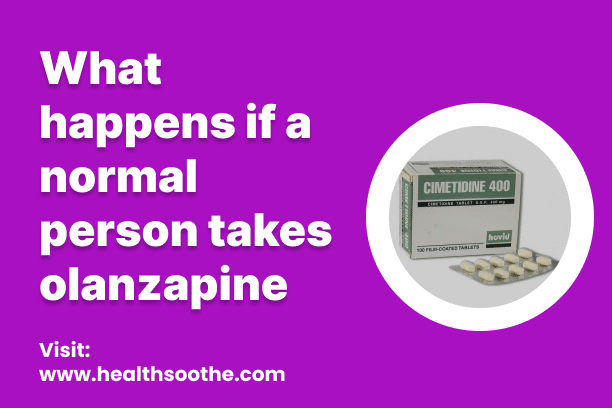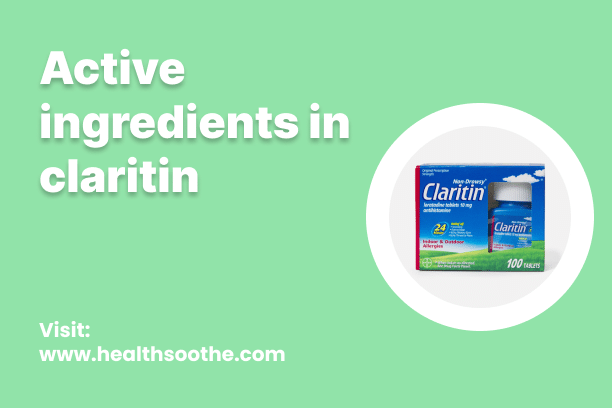When it comes to protecting yourself from financial loss, ignorance isn’t always bliss. The complexity of insurance terms could make insurance even more expensive. If you don’t completely understand your plan, chances are you’ll be paying more than what you need.
In addition to important insurance terms, it also pays to be aware of the various health insurance plan types. This is especially important if you’re very conscious of the out-of-pocket costs and the health care providers you’ll be able to have consultations with.
If you’re planning to buy health insurance, here’s the right place to jumpstart your search.
Important Insurance Terms
Your goal is to avoid overspending by having the wrong plan. So even if your insurance agent collates and categorizes all the plans’ benefits into neat grids, take time to understand the nitty-gritty of health insurance.
Here are some of the most important insurance terms:
- Primary care physician (PCP) – the medical doctor who manages most of your medical care and who you’ll have to choose when you sign up for your insurance.
- In-network care – health care providers who accept your health plan.
- Out-of-network care – health care providers who don’t have a contract with your health plan, so they’ll charge you the full price.
- Premium – monthly fee for your insurance.
- Out-of-pocket costs – costs, including deductible and copay, for medical care that aren’t usually reimbursed by insurance.
- Deductible – the amount you’re responsible for paying before your insurer pays for an expense.
- Copayment or copay – a fixed amount you pay for a covered health care service after paying deductibles.
Moreover, there are generally five plan types that you can choose from, as follow:
Health Maintenance Organization (HMO)
An HMO plan is a good option if you’re looking for a budget-friendly plan. It has low premiums, deductibles, and fixed copays for consultations. However, it covers only in-network care, so there’s less freedom to choose providers. What’s more, you must need a referral from your PCP before meeting other specific specialists. All in all, it’s the best budget-friendly plan for those who don’t have many medical issues.
Point of Service (POS)
Like HMO plans, POS plans require a referral from your PCP before meeting a specialist. The only difference is that POS plans cover out-of-network care and have slightly higher premiums than HMO plans. A POS is opted for if you’re managing a medical condition and in need of one or more doctors that aren’t in the network.
Preferred Provider Organization (PPO)
PPO plans are the plans with the most freedom. It allows you to choose out-of-network care with no referrals. However, although their copays and coinsurance for in-network doctors are inexpensive, their premiums are pricier than HMO plans. So it’s best for those who need more health care and can afford higher premiums.
Exclusive Provider Organization (EPO)
Few people know about EPO plans. Similar to HMOs, they only cover in-network care, which means you’ll have less freedom to choose providers. The main difference is that they have more networks and are more expensive than HMOs, but not as high as PPOs. Additionally, they may or may not require referrals from PCP, depending on the insurer. If you’re looking for a larger network with lower out-of-pocket costs, opt for EPO.
High Deductible Health Plan (HDHP) and Health Savings Account (HSA)
HMO, POS, PPO, or EPO plans can all be HDHP. As its name implies, HDHPs are high-deductible health plans. In other words, you’ll pay more for health care before the health plan pays.
Fortunately, it has more affordable insurance premiums. Hence, most people with health conditions or needing coverage for serious health emergencies but can’t afford higher monthly premiums find HDHP plans more money-saving in the long run.
Another good news is that you can offset its high immediate out-of-pocket costs with a Health Savings Account (HSA). If you pair your HDHP with an HSA, you can pay that deductible and other qualified medical expenses off with your funds set aside in your tax-free HSA, saving you about 30%.
Moreover, if you enroll in Assurance Medicare, you can’t contribute to HSA anymore and enjoy the perks of contributing non-taxed income and earning non-taxed interest. The good thing is that you can keep your HSA and use it to pay for Medicare-related costs, including Medicare Part B and Medicare Part D but excluding Medigap premiums.
Many people tend to contribute a hefty amount of funds to their HSA accounts before they retire. Then, when they receive Medicare benefits after retirement, they can use their HSA for health costs.
Final Thoughts
It’s very important to have a basic understanding of your insurance plan. Doing so can make a huge difference between leveraging a health plan to cover all your medical needs and relying on one that leaves you paying thousands of dollars.







